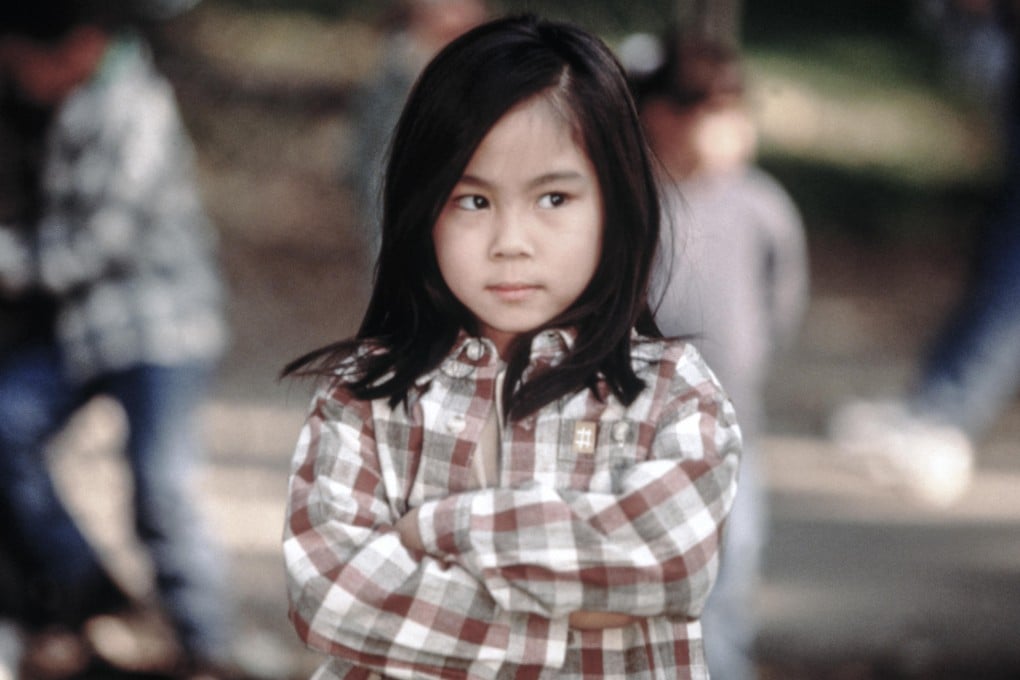How parents can help their child face the challenges of Asperger's syndrome
My nine-year-old daughter has been diagnosed with Asperger's syndrome. Having the diagnosis is useful, so that we know she is struggling and not being defiant or disrespectful in the way she relates to people. But what can we do to help her?

My nine-year-old daughter has been diagnosed with Asperger's syndrome. Having the diagnosis is useful, so that we know she is struggling and not being defiant or disrespectful in the way she relates to people. But what can we do to help her?
Your daughter is lucky in a way. Many "Aspie girls" are slipping under the radar undiagnosed, and suffer unnecessarily because they are more able to mask their Asperger's traits with learned behaviour. A diagnosis is useful as it offers us insight into the difficulties the child faces, and gives us strategies to lessen the challenges for her, and those who live with her.
Children with Asperger's have one thing in common - they are uncomfortable with themselves. They are frustrated by their weakness in understanding and connecting with others socially. Many shrink their social world further to avoid humiliation and lessen their anxiety.
There is no medication for Asperger's syndrome, but your daughter can learn to manage some of the traits or the "mindblindness". But first we need to know what challenges she is facing. Without background information, I can only offer general advice on the three areas that probably affect her life the most: social interaction, communication, and restricted behaviour.
Your daughter is likely interested in interacting with others, despite not knowing how to do it. She may seem socially awkward, have difficulty in participating in chitchat, and she may often be targeted as a victim in school and social environments. As she probably has some difficulty understanding social conventions and rules, this might lead to frustration, anger and depression.
